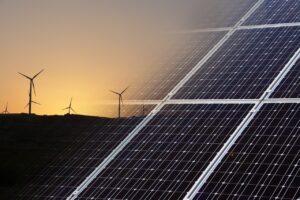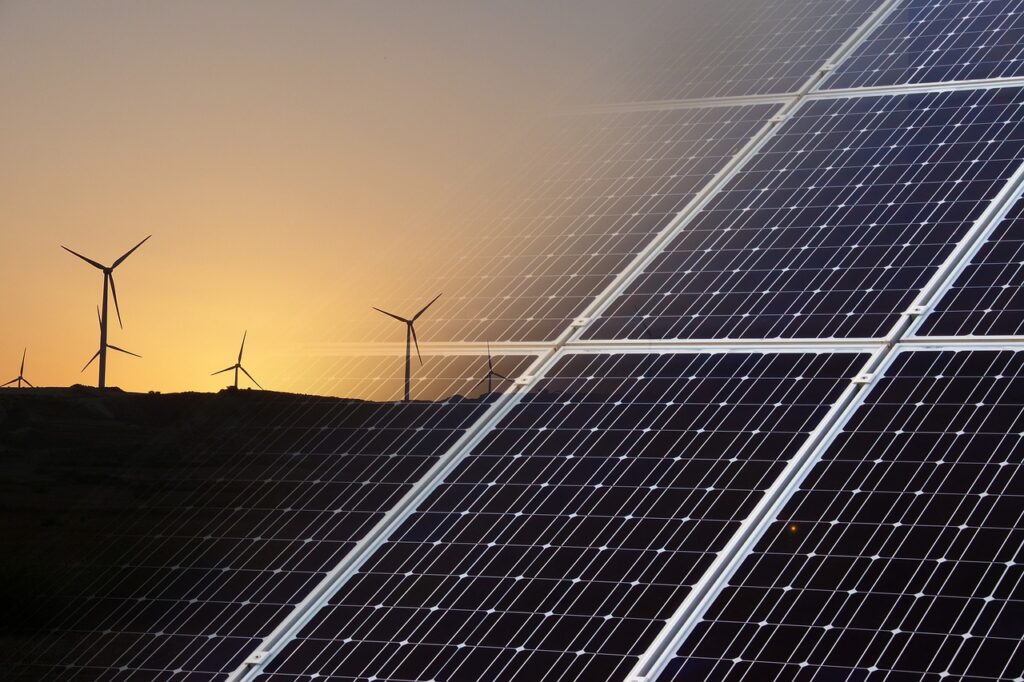Are solar panels environmentally friendly to manufacture? This question is worth asking with the increasing popularity of solar energy and the increasing reliance of people on it in various sectors including homes, agricultural, and industrial.
It is no secret that it can produce electricity without any emissions that harm the atmosphere, and it also has several benefits on the environment. Let’s discuss below the pros and cons of solar energy and how it can be environmentally friendly.

Are solar panels environmentally friendly to manufacture?
Are solar panels environmentally friendly to manufacture? Do solar panels ruin the environment? Solar energy is fast becoming one of the most popular renewable energy sources around the world, with countries like Japan, China and the United States leading the way in solar energy production. As more people realize the potential of solar energy and its ability to reduce greenhouse gas emissions, this trend is likely to only continue into the future.
With the many advantages associated with solar energy, it is clear that this form of energy production is here to stay. But the lack of greenhouse emissions isn’t the only environmental impact associated with solar energy.
What is the most ecofriendly solar panel?
Positive environmental impact of solar panels
Installing solar panels helps make the environment healthier for several reasons:
Little carbon footprint of solar panel manufacturing
Do solar panels produce emissions? The carbon footprint of solar energy is very small, as it relies on the photosynthesis process to generate electricity without releasing any pollutants into the atmosphere, including carbon dioxide and other greenhouse gases.
But what is the carbon footprint of manufacturing a solar panel? It is the amount of carbon that was damaged when making the panels, and the energy to operate the machines.
Are solar panels carbon free?
Solar panels produce 41 grams of second Ak the carbon master when generating energy, 950 grams when generated with charcoal while it emits 350 grams when generated by gas.
Reduce air pollution
Air pollution particularly affects the health of living organisms, here lies the benefits of solar panels in reducing air pollution by converting sunlight into electricity. Instead of using fossil fuels, including: coal or natural gas for energy, which increases emissions of carbon dioxide and other greenhouse gases into the atmosphere as a result of burning it.
But are solar panels clean to manufacture? Manufacturing solar panels requires large amounts of resources, including water, industrial materials, and fossil fuels.
As coal is an essential component of the manufacturing process, it may cause carbon emissions, and it also uses hydrofluoric acid and sodium hydroxides, which are necessary for the disposal and treatment of toxic wastewater. In addition, studies have shown that contact with silicone particles from manufacturing may cause silicosis.
Preserving natural resources
We all know that natural resources, including fossil fuels, are greatly depleted due to human activities. On the other hand, solar energy is renewable and never runs out. It also helps conserve water by eliminating the need for cooling systems required in traditional electricity generation methods.
Negative effects of solar panels on the environment
No one can deny the benefits of solar energy represented in reducing dependence on fossil fuels and improving air quality, but it has some drawbacks as follows:
What are 3 disadvantages of solar energy? What are common problems with solar panels?
- The most prominent disadvantage is the panel manufacturing process, as it requires large amounts of energy and water, and is therefore resource-intensive compared to other energy sources.
- The cells also contain toxic materials including lead and arsenic and must be disposed of properly if the panels are not in use.
- In addition, waste solar panels, the life of the panels may range from 15 to 30 years, but with the improvement of technology, the panels will age faster. Which reduces the production cycle and produces large quantities of waste if not managed properly.
- In addition to the problem of land use, as farms occupy large areas that may affect the habitats of wildlife.
Now, is it environmentally friendly to make solar panels? What are the cons of solar manufacturing?
Is making solar panels bad for the environment
Manufacturing solar panels requires large amounts of resources.
Are fossil fuels used to make solar panels
These resources include water, industrial materials and fossil fuels, which add to carbon emissions. They also use hydrofluoric acid and sodium hydroxides, which are strictly necessary for the disposal and treatment of toxic wastewater. Studies have also indicated that silicon particles from the panel production process may cause silicosis upon contact with them.
But can you make solar panels without fossil fuels? No, fossil fuels are a major component in the manufacture of panels.
In short, the answer of are solar panels environmentally friendly to manufacture is that reducing pollution that comes from burning fossil fuels also reduces the carbon footprint of the individual. This helps preserve the planet. However, the matter is not without some defects, although it remains the best, in addition to that if these defects are addressed, the panels become a sustainable energy source in every sense of the word.

